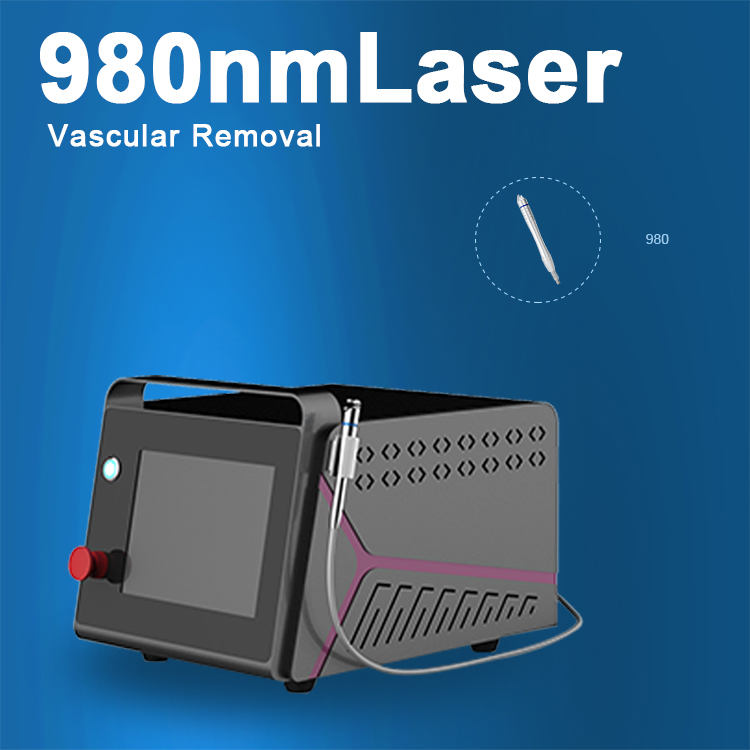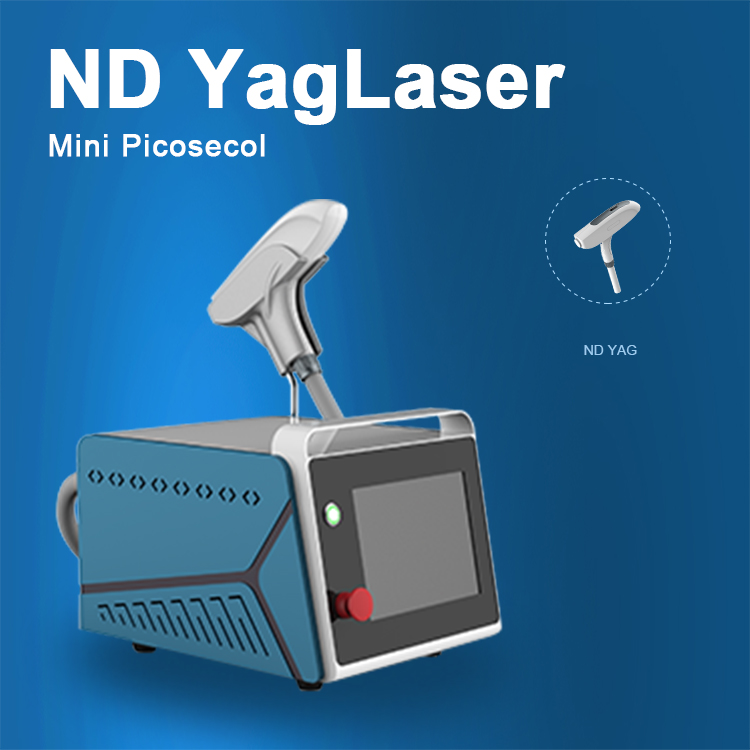If you’re tired of traditional hair removal methods, such as shaving, you may be interested in laser hair removal. Offered by a dermatologist or other qualified and trained expert, laser hair treatments work by stopping the follicles from growing new hairs. For most people, laser hair removal is safe. The procedure also isn’t linked to any long-term side effects.
Still, discussions about the side effects of laser hair removal abound. Although temporary and minor side effects can occur after the procedure, other effects are rare. Beyond that, any claims about links to your long-term health are unfounded. Laser Hair Removal Machine Equipment

Here’s what you need to know.
Laser hair removal works by using small, high-heat lasers. The laser may cause temporary side effects immediately after the procedure. Skin irritation and pigmentation changes are the most common side effects.
Hair removal via laser can cause temporary irritation. You may also notice slight redness and swelling at the treated area. Still, these effects are minor. They are often the same effects you might notice after other types of hair removal, such as waxing.
Your dermatologist might apply a topical anesthetic before the procedure to minimize these effects.
Overall irritation should disappear within hours of the procedure. Try applying ice packs to help reduce swelling and any pain. You should call your doctor if you experience symptoms beyond slight irritation or if the side effects worsen.
After laser treatment, you may notice slightly darker or lighter skin. If you have light skin, you’re more likely to have darker spots from laser hair removal. The opposite is true of people with dark skin, who may have lighter spots from the procedure. However, like skin irritation, these changes are temporary and aren’t usually a cause for concern.
Check out: How to treat and prevent ingrown pubic hair »
Rarely, laser hair removal can lead to more severe side effects. Your risk increases if you use at-home laser kits or if you seek treatment from a provider who isn’t trained and certified.
Rare side effects of laser hair removal include:
Discuss these side effects with your doctor. Although they’re extremely uncommon, it’s still a good idea to be aware of them. Call your doctor if you show any of these symptoms after laser hair removal.
This procedure isn’t recommended during pregnancy. This is primarily due to the fact that no human studies have proved the safety of laser hair treatments during pregnancy.
You may want laser hair treatments for excessive hair that has grown during your pregnancy. Common areas of increased hair growth include the breasts and stomach. However, in most cases, these hairs fall out on their own, so you may not need any medical treatments if you wait until after your pregnancy has ended.
If you’re pregnant and looking at laser hair removal, consider waiting until after delivery. Your doctor will likely recommend that you wait several weeks to be safe.
Check out: Can I still get waxed while I’m pregnant? »
It’s a myth that laser hair removal can cause cancer. In fact, according to the Skin Care Foundation, the procedure is sometimes used to treat certain forms of precancerous lesions.
Different lasers are used to treat sun damage and wrinkles. The lasers used in hair removal or other skin procedures have such a minimal amount of radiation. Plus, the minimal amount is only being exacted on the surface of the skin. So, they don’t pose a risk of cancer.
Learn more: Skin cancer symptoms »
It’s also a myth that laser hair removal can cause infertility. Only the skin surface is affected by the lasers, so the minimal radiation from the procedure can’t penetrate to any of your organs.
Talk to your doctor about potential risks if you’re currently trying to get pregnant.
Overall, laser hair removal is safe and effective for most people. As a precaution, you shouldn’t get the procedure done near your eyes or during pregnancy. See your doctor if any rare symptoms occur after laser hair treatments.
Also, know that the procedure doesn’t guarantee permanent removal. You might need follow-up treatments.
Keep reading: How to identify, treat, and prevent infected ingrown hairs »
Last medically reviewed on May 17, 2017
Our experts continually monitor the health and wellness space, and we update our articles when new information becomes available.
We’ve all got it: a triangle of tresses on our private parts. Yes, we’re talking about pubic hair, folks. And there’s a wild tangle of info out there…
CoolSculpting is a cosmetic procedure that works by freezing fat cells. Learn about the costs associated with CoolSculpting treatments for the arms…
Breasts naturally sag over time, but there are some factors that lead to sagging breasts that can be treated with natural remedies you can perform at…
Common mascara ingredients can cause stinging, swelling, and other irritation. Here's how to treat your symptoms —and find a mascara that works.
Lip fillers don't last forever. If you'd like to speed up the process, you can get hyaluronic acid fillers dissolved early. Get the details here.
Dip nails starting to chip? Want to refresh your nail art? It's possible to remove them at home, but visiting a salon may be best — Here's why.
Not sure what a dermatologist does? How about an esthetician? Learn the difference between these two professionals and what they treat.
Thinking of dyeing your beard? Here, you'll find tips for choosing the right product, dyeing safely at home, and correcting color mishaps.
Physical and chemical sunscreens both offer sun protection, but they do so in different ways. Learn the difference, plus the pros and cons of each.

Ipl Shr E-Light Sick of mascara? This simple procedure can give you luscious lashes for up to 6 weeks.